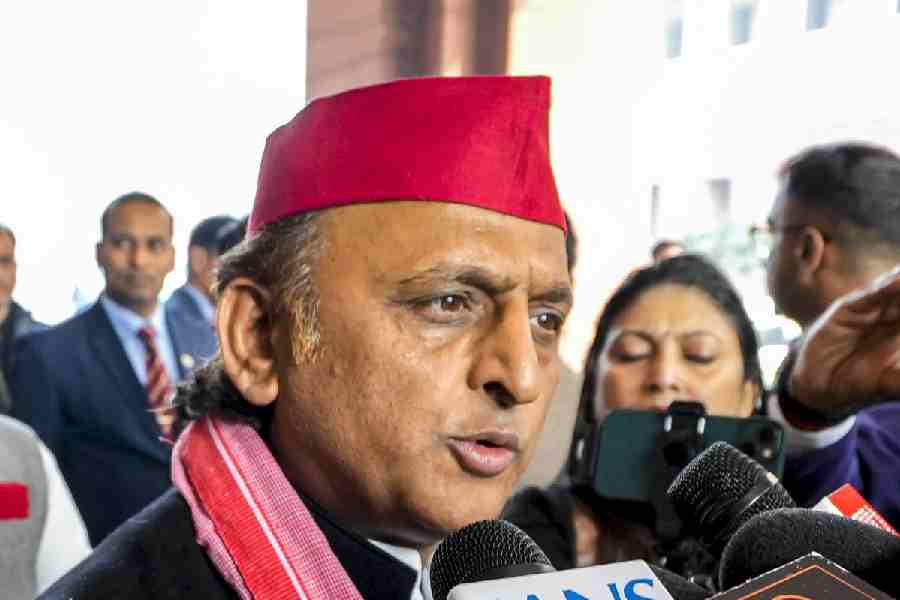 |
| Crime King: H.R.F. Keating |
When Inspector Ghote, the endlessly agonising yet doggedly determined sleuth of the Bombay police, crime branch, made his appearance on the international stage of crime fiction in the 1960s with The Perfect Murder, he won his creator, H. R.F. Keating, the Crime Writers Association’s Gold Dagger award. Many among the Bombay police assumed it was their very own retired colleague, Keating, who was the author of these books. The book was a great success in America, where Keating later won the Edgar Allan Poe Award. Merchant Ivory made it into a film, directed by Zafar Hai, with Naseeruddin Shah playing Inspector Ghote and the cast including Madhur Jaffrey, Stellan Skarsgard, Amjad Khan and Ratna Pathak Shah.
In fact, the author, the entirely British Harry Keating, had never even been to India. Sitting in his Notting Hill home, Keating pointed out the armchair where he had sat with an open atlas, wondering where to locate a new series which might appeal to his American readers who found his novels a bit “too British.” He considered the possibility of ‘Inspector Ghosh,’ but dropped it as his detective was going to be a Bombay man. But Ghote’s wife Protima, formidable in her own right on the home front, is a Bengali.
About four Inspector Ghote books were already out when one day Keating received a letter from Air India, saying that they had heard about his books and that he had never been to India, and offering him a flight to Bombay. They put him up at the Taj Mahal Hotel. (Would the person who made this amazing gesture please step forward!). Keating remembers thinking as he stepped off the plane it would be “One small step for Harry Keating, one giant leap for Inspector Ghote” — but in the event as he stepped off the plane he blurted out, ‘It’s so hot!’
The Bombay police were most kind, he recalls. They even claimed they wished they had an Inspector Ghote among them. Soon thereafter Keating went to India again with the BBC, who were interested in his story, and later also with the British Council, which organised lectures and interviews in several cities.
Keating agrees that it was rather an extraordinary stroke of daring to have created a central character and a series of detective stories set in a country he had never set foot in. All the more so as Inspector Ghote is not cast as a member of the urban, Westernised Indian ‘elite’ in any way whatsoever. On the contrary, he is portrayed as very much part of the aspiring and hard-working “ordinary” Indian middle class, who has to do battle with everyday life in India as much as with all manner of wrong-doers.
How did he get the material to write the books then? Keating says that he read as much as he could about India, made copious use of maps, and unabashedly eavesdropped on Indians speaking among themselves, to pick up the manner of speaking which is a hallmark of the Ghote series. As he puts it, mixing these “crumbs of information with the butter of imagination” — or should one say the pure ghee of a writer’s artistry — he created what Alexander McCall Smith has termed in his round-up of this summer’s reading in The Times “those beautiful little classics by the former crime fiction reviewer of this newspaper, H.R.F. Keating. .... exquisite, gentle novels that should find their place on any list of good crime fiction.” Incidentally, on this list of about half a dozen ‘mystery’ or ‘crime’ writers McCall Smith includes another Bombay boy, Vikram Chandra, and his novel Sacred Games, along with John Buchan (The Thirty-Nine Steps), Robert Louis Stevenson (Kidnapped) and Charles Dickens (Great Expectations).
Since his first crime novel in 1960, Keating has published some 50 novels, including a series featuring Detective Superintendent Harriet Martens. But it is with India that he struck gold — almost literally. The Perfect Murder and Inspector Ghote won him the Gold Dagger of the Crime Writers Association in 1964. In 1980 he won a second Gold Dagger for The Murder of the Maharajah and in 1996 he was awarded the Cartier Diamond Dagger for life-time achievement.
 |
Keating was crime critic for The Times for 15 years and president of the Detection Club for 17 years. He has been chairman of the Crime Writers Association and is a Fellow of the Royal Society of Literature. He has also written several non-fiction books including How to Write Crime Fiction. After some 22 Inspector Ghote novels, Keating gave Bombay a break and wrote several books on British detectives. But now, with Inspector Ghote’s First Case, the humble schoolmaster’s son who dreamed of being a Bombay police detective has re-emerged in a prequel to the earlier series. Ghote had always been popular and it made sense to resurrect him. But the new prequel is not a one-off. Rather, Keating told me, it is conceived as the first of a 12-novel series! Clearly retirement is not on the mind of this 81-year-old author with a Tagorean beard. The second book of the series is already scheduled to be published in May 2009 — it is entitled A Small Case for Inspector Ghote?
Keating would be happy for more of the Ghote series to be made into films, or perhaps television series. Many people wanted to make movies out of the Inspector Ghote series over the last three decades, mostly to founder for some reason or another until Ismail Merchant did The Perfect Murder. Authors are hard to please when their characters are portrayed on screen, but Keating thought — unsurprisingly — that Naseeruddin Shah played quite the perfect Inspector Ghote. With The First Case of Inspector Ghote opening up a new range of possibilities, and with one of the city’s own as the self-doubting, harried, but ultimately successful hero, how could Bombay possibly resist?










